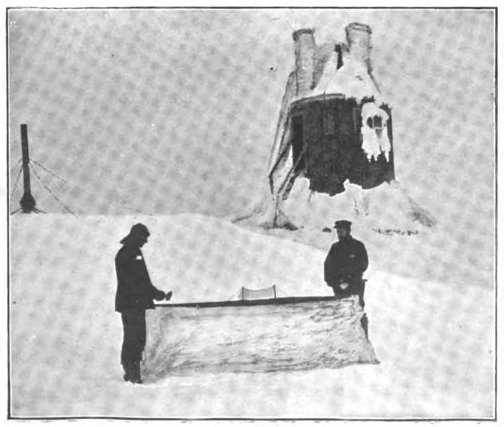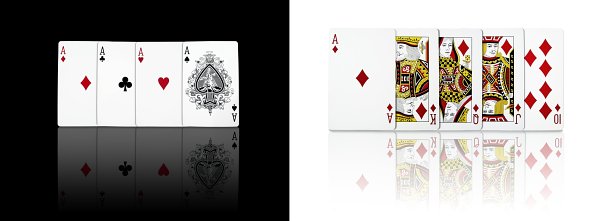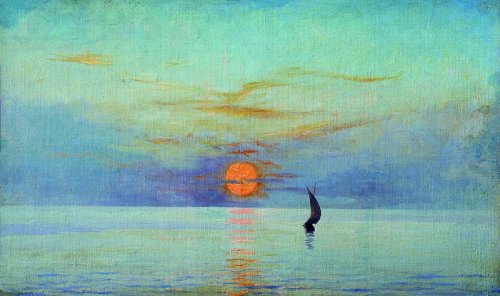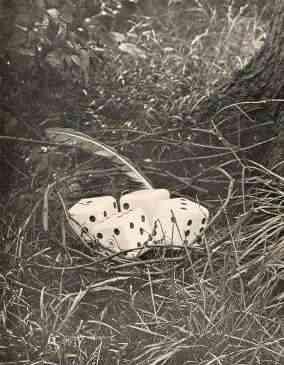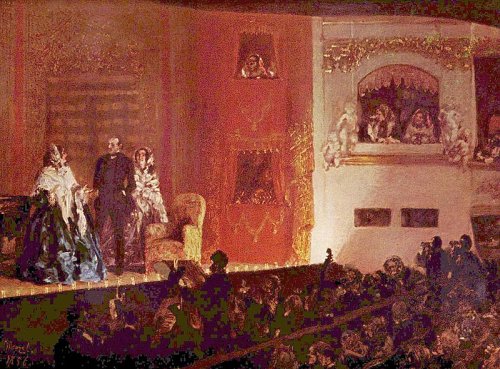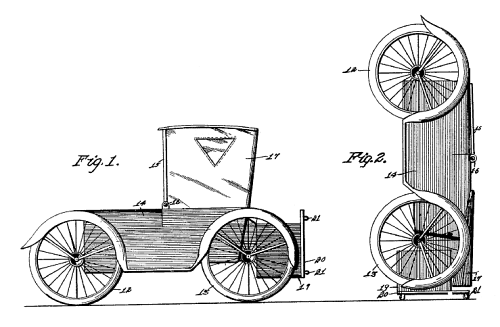The book that Montgomery Carmichael published in 1902 seemed at first to be a straightforward biography:
The will of my friend Philip Walshe has put me in possession of a large and extraordinary collection of valuable MSS., and has at the same time laid upon me a task of no little delicacy and difficulty. These MSS. are the voluminous works of his father, the late Mr. John William Walshe, F.S.A., who died on the 2nd July 1900, aged sixty-three, at Assisi, in Umbria, where he had passed the latter half of his life. Mr. Walshe was well known to scholars as perhaps the greatest living authority on matters Franciscan: otherwise he had practically no fame. The busy world, at all events, knew him not.
“It takes some time to realize that this is all an elaborate piece of mystification,” wrote a Dial reviewer, “and to recall the fact that the name of Walshe does not figure in any actual list of Franciscan scholars, living or dead.”
The Life of John William Walshe is the detailed portrait of a man who never existed. Librarian Edmund Lester Pearson calls it “one of the most inexplicable examples of the literary hoax. … It contained not one atom of satire, it was not a parody, and so far as I, at least, could have discovered by internal evidence, it was what it purported to be: a sober and reverent biography of an Englishman dwelling in Italy, a devout member of the Church of Rome, and in particular an enthusiastic student and pious follower of St. Francis of Assisi.”
Carmichael was a member of the British consular service in Italy and the author of a number of European travel books. So far as I can tell, he never explained this work — he called it only “the story of a hidden life.”
(10/23/2021 This has begun to fascinate me. The New York Times reviewed the book, favorably even while acknowledging its possible falsity, in 1902. Archive.org has a complete copy.)

